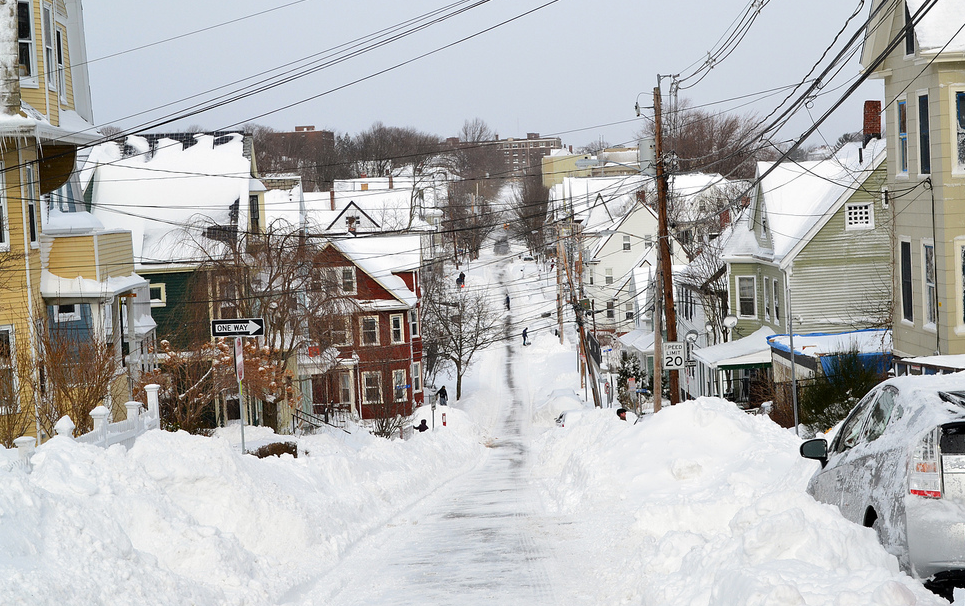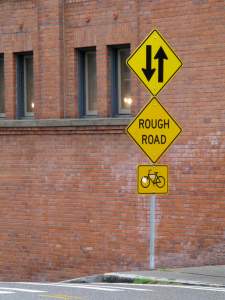Raise Up Massachusetts, a coalition representing religious leaders, liberal community organizers, and unions, is advocating a constitutional amendment to raise income taxes on the state’s wealthiest residents. The proposal, which would affect those earning more than $1 million annually, would reportedly bring in additional revenue of up to $1.4 billion per year.
The Massachusetts Communities Action Network, one of the coalition’s co-chairs, has indicated that the additional revenue would be earmarked for education and transportation, two areas where a number of needs have gone unmet over the past decade.
Raise Up Massachusetts has previously lobbied the state legislature to raise the minimum wage and was successful with a ballot initiative that required employers to provide earned sick time to their workers. The constitutional amendment process, however, will take three years and will most likely face fierce opposition for anti-tax groups.
All Massachusetts residents currently pay a flat 5.15% income tax that will reportedly decrease to 5%. The “Fair Share Amendment,” as it’s called by its proponents, would raise taxes to 9% for those earning more than $1 million annually. The 9% rate would only apply on income over $1 million. Approximately 14,000 tax payers would be affected by the proposal, which comes at a time when legislators are renewing efforts to require those with higher income to take a greater responsibility in the taxation process. The “Fair Share” moniker comes from the fact that low and middle income taxpayers contribute more of their disposable income under a flat-rate system than the most affluent taxpayers.
 Proponents say the increased taxes could fund road and bridge reconstruction, investment in the MBTA and other regional transit bodies, and education funding— particularly for early intervention and post-high-school initiatives. Since 2002, state funding for education has failed to keep up with inflation, resulting in cutbacks in many school districts.
Proponents say the increased taxes could fund road and bridge reconstruction, investment in the MBTA and other regional transit bodies, and education funding— particularly for early intervention and post-high-school initiatives. Since 2002, state funding for education has failed to keep up with inflation, resulting in cutbacks in many school districts.
Opponents say that the proposal, if passed, would drive wealthy individuals away from Massachusetts. Voters have previously rejected ballot initiatives to move from a flat tax to a graduated income tax rate. A 1994 vote defeated a graduated tax rate with a 9.8 top rate, while a ballot question to establish a graduated income tax in 1972 was also defeated.
Want to contribute to Mass Business Blog? We are now accepting guest blog submissions! Have a lead on a story you want to see us report? Contact us at editor@MassBusinessBlog.com.







